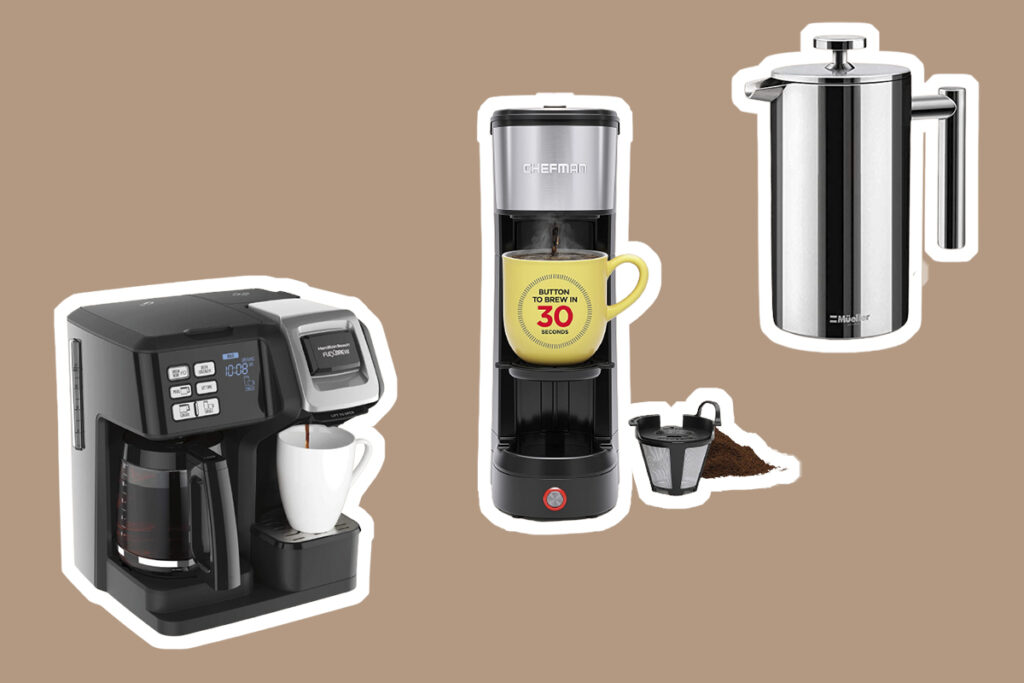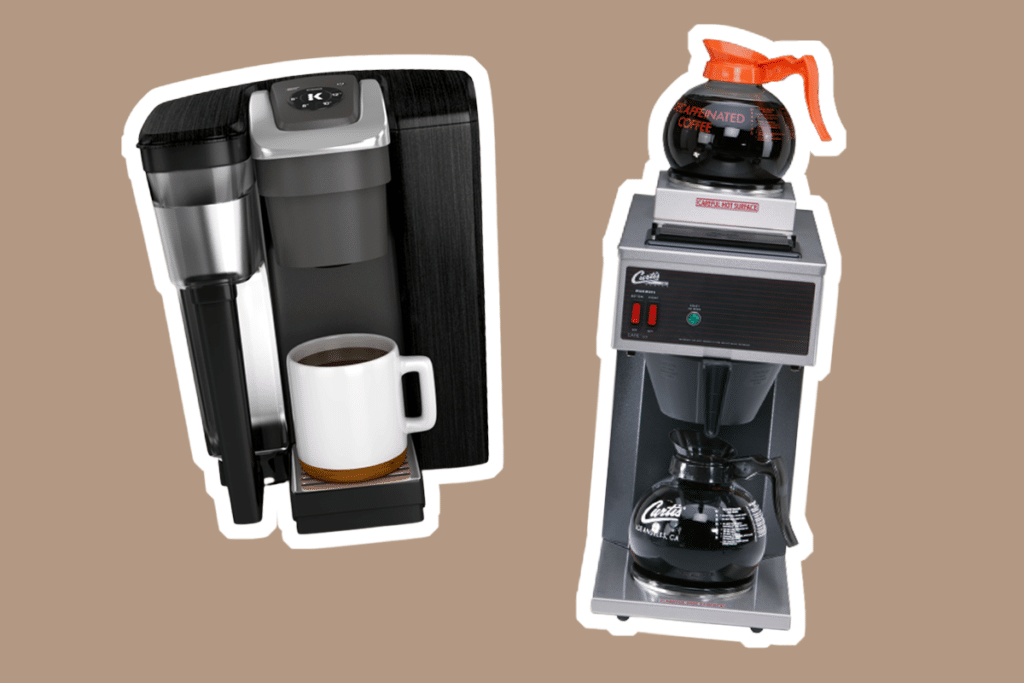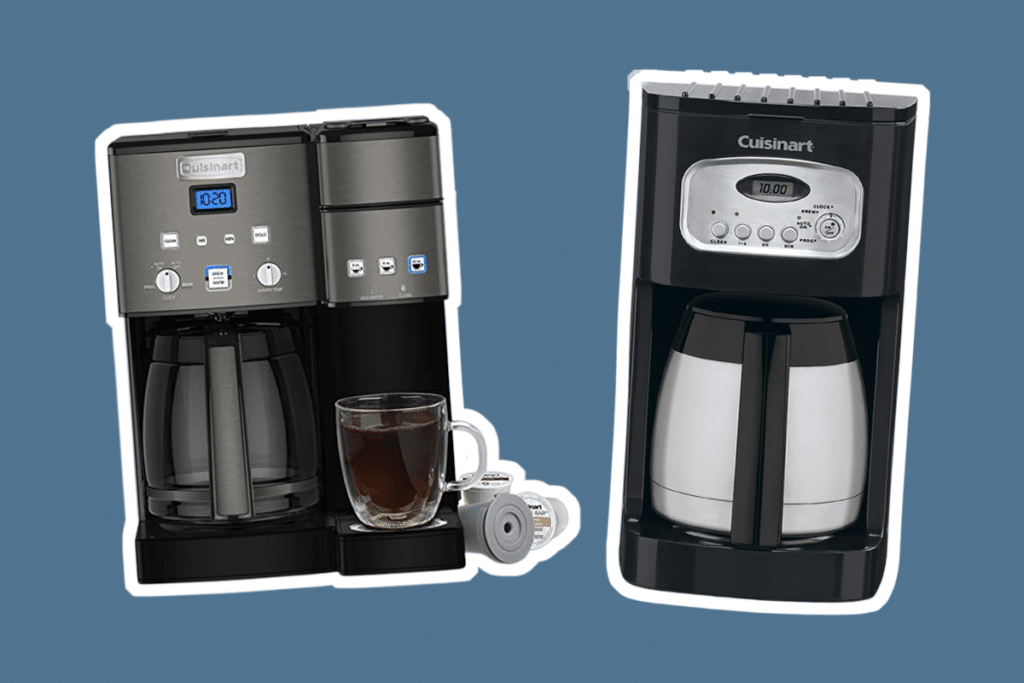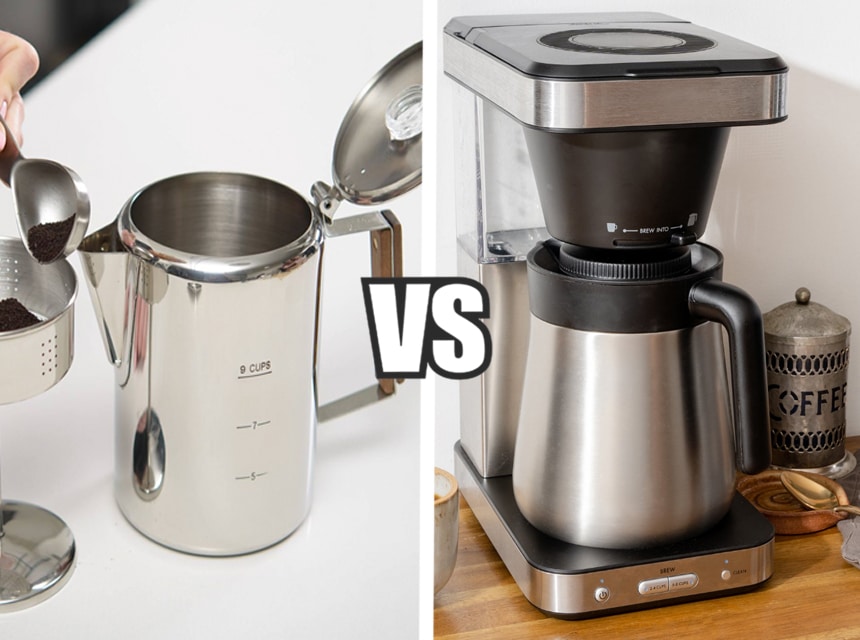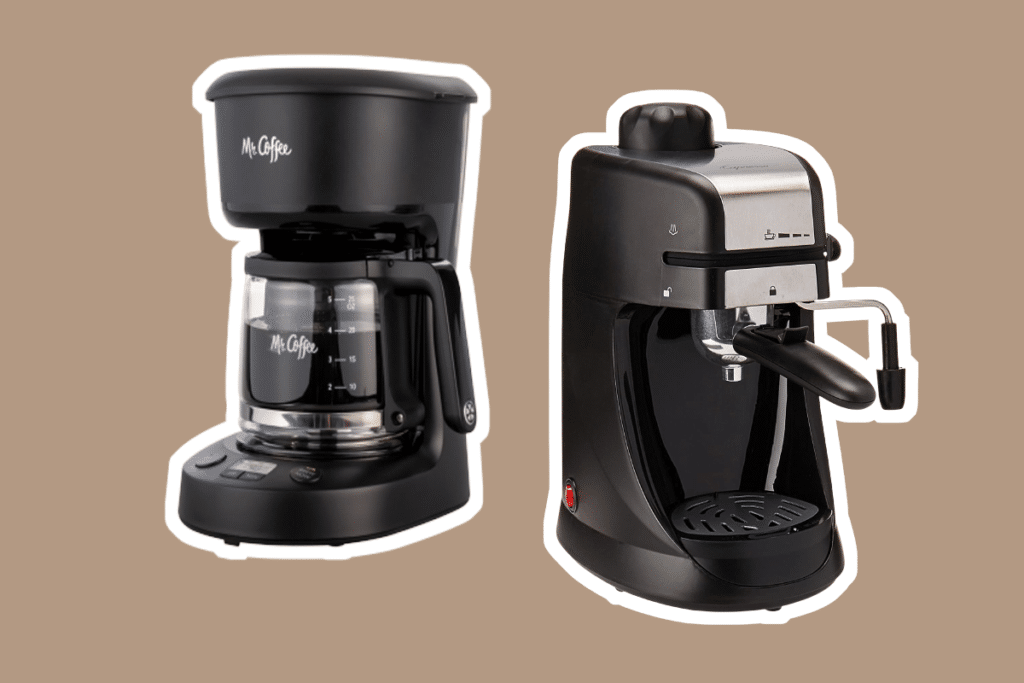

If you are a coffee lover, you’ve no doubt wanted to (or already started to) get on board with the amazing selection of coffee machines available to make delicious coffee at home. The most popular machines tend to use something called a coffee pod. As there are various different types of coffee pods, it’s a good idea to read an article just like this one to get an idea of what’s available.
We’ve taken a look at all the different types of coffee pods on the market and ensured you would come away as a bit of an expert on the differences between them. You’ll also get some common coffee pod questions answered in our handy FAQ section too! Ready to get to know all about the different types of coffee pods so you can choose the perfect product for your needs? Let’s dive straight in!
If you’re one of the two billion people worldwide who consume coffee every day and you love to use a coffee machine at home, one of the first things you need to know is the difference between coffee pods and coffee capsules. The two are often mixed up, and the terms are used interchangeably when they are, in fact, different in subtle ways. Let’s take a closer look at both and how they are different.
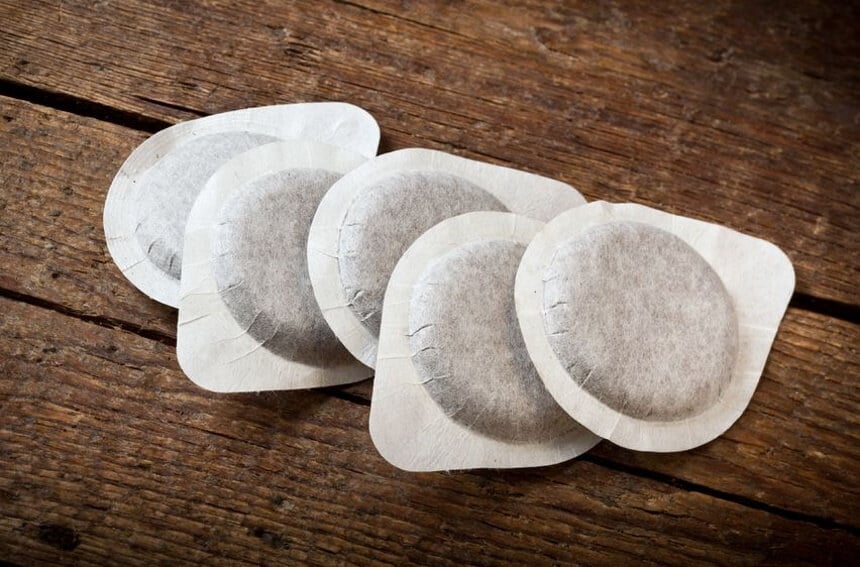
In this instance, it is usually labeled as a ‘soft pod’ and is often incompatible with a coffee machine. Instead, you’re more likely to use it like a teabag by steeping it in water to brew and then serve.
A hard coffee pod is different in that it is plastic, with a foil top and generally looks like a coffee capsule, and usually works like one too.
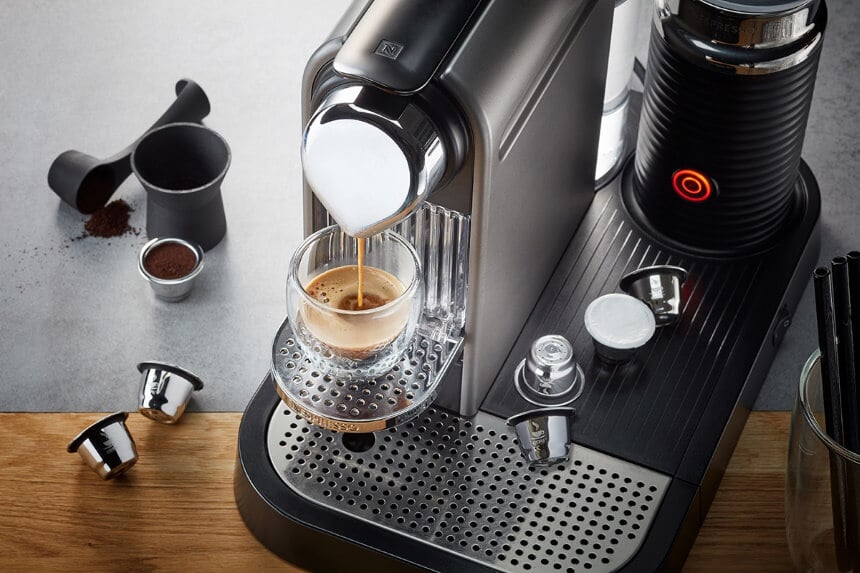
You will see ‘coffee capsule’ used to describe the products used in the percolators and single-cup machines offered by brands like Nespresso, Tassimo, and Lavazza. These capsules will usually provide enough coffee for one single-serve cup. They generally work (every coffee machine is slightly different) by being placed in the machine, and hot water is injected into the top of the pod, which is then spun to infuse the water and the coffee together. Once the infusion is complete, the water flows out through special holes made in the pod, and it travels to your cup as a delicious, foamy coffee drink. The water is also heated at some point along its journey, and a filter is applied, so no coffee grounds go into your cup.
Sometimes people will refer to a capsule as a coffee pod. However, certain brands like De’Longhi do offer certain products with a specific coffee pod brand label. In this instance, it is important to understand that the term is a pod because they mean pod and not a capsule. It’s a very specific reference that is helpful, so you know exactly what is being referred to.
Coffee capsule and pod compatibility is usually the easiest way to distinguish between the two products. Coffee pods can often be seen associated with DeLonghi brands of machine, as well as transportable coffee makers. Coffee capsules, however, are usually only compatible with their own brand of a coffee machine. Lavazza capsules only work with Lavazza machines, etc. This is a savvy move by coffee machine makers to ensure that they continue to make money from the machine customer, who will then go on to be restricted to capsules by their brand of machine.
Of course, there are two caveats to this which mean it isn’t as restrictive as it seems. One is that there are plenty of capsule brands that do make capsules compatible with several models of machine. Another is that certain brands create a wide range of delicious coffee capsules that mean you won’t have to steer away from the brand to get a coffee you love. A great example is the high-quality Keurig commercial coffee machines which only work with Newman’s Own K-cups. They do a huge range of yummy decaf options, as well as various coffee strengths and origins, including the incredibly popular Newman’s Own Organics Special Blend medium roast.
As long as you are careful about the brand of machine you choose, you don’t have to feel restricted at all in the capsule selection available to you.
Around one in ten people Trusted Source Is there a serious problem with coffee capsules? In the past decade or more coffee drinkers worldwide have adopted a new method of getting their daily jolt of caffeine – the coffee capsule machine, in which small plastic or aluminum pods capped with foil or filter paper containing coffee grounds are put into a machine that fills a cup quickly with palatable coffee. www.bbc.co.uk believe that coffee pods are bad for the environment, and around a fifth of those people own a coffee machine. That goes to show that most people recognize there is an issue with coffee pod plastic waste, but they also know that most brands are moving towards switching to either reusable, recyclable, or compostable pod materials. Compostable pods would be an extra boost for your garden on top of the coffee grounds you use as compost boosts soil quality Trusted Source Why compost? | Recycle Now New research has found that almost half of the food waste in the average rubbish bin could have been composted. You can do your bit to reduce the amount of waste sent to landfill or other more costly forms of treatment by composting your food and garden waste at home. www.recyclenow.com and reduces the chance of plant disease occurring, and coffee grounds are an excellent natural fertilizer.
It also includes creating reusable components of coffee machines, like the filter. A great example of this is the Keurig My K-Cup Universal Reusable Ground Coffee Filter, which is even dishwasher safe! There are lots of reusable K-cups and reusable Nespresso pods on the market, too, as well as no-pod machines. You don’t have to compromise your ethics to have a good cup of coffee these days.
You can get all kinds of coffee pods, including; decaf coffee pods, organic coffee pods, and coffee pods of various strengths and origins. The only thing you need to do is make sure the machine that you buy offers the coffee pods that you want, as not all brands will offer organic coffee pods. It is also important to understand that laws around organic labeling law Trusted Source Organic on Food Labels | FDA FDA does not regulate the use of the term “organic” on food labels. www.fda.gov on food and drink products are quite loose, so be vigilant and only choose a brand that you trust if you pay more for an organic coffee pod.
Coffee capsules do have an expiration date, but that date will differ with every brand. Some pods might last a year on average, and others may only last a few months. Simply check the packaging before you buy the product so that you know when to use the pods.
There is a huge range of pods and capsules suitable with De’Longhi coffee makers because they are Nespresso machines, and Nespresso offers coffee of every type, near enough. The largest range is with Original-line machines.
Coffee pods and capsules are mostly interchangeable terms for the same thing – a little plastic and foil capsule packed full of yummy coffee grounds that you put inside a compatible coffee machine. The longer time goes on, the more of those pods and capsules are created too. So the different types of coffee pods grow and grow, with every coffee taste and preference catered for. You really can have any coffee flavor and type you like!
Just be sure that when you buy a coffee machine, you first research which pods are compatible with it so that you don’t feel restricted in the coffee origins, flavors, and strengths available to you. It can be confusing, but totally worth the effort to get a machine and pod selection that gives you a gorgeous coffee right in your own home. The question is, which flavorsome coffee capsule will you try first?
